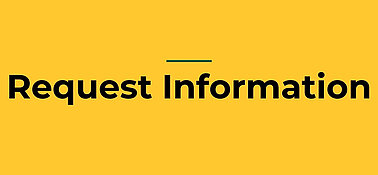The Program

Physics is the most fundamental and exact of the physical sciences. Its laws are basic to deep understanding in all of technology, and in many fields of study, such as astronomy, chemistry, engineering, materials science, photonics, biology, medicine, geology, and environmental science. Teaching physics in secondary schools requires deep knowledge of (a) science content, (b) current theories of adolescent development, and (c) current best practices in instruction. Accordingly, the physics education major combines coursework in physics and related sciences with professional education courses on teaching and learning.
For more information contact Dr. James Nyachwaya
Professional Education Courses
Teacher candidates may enroll in the 300-level professional education courses before being formally admitted to the School of Education (SOE). Prior to enrolling in the 400-level courses, teacher candidates must complete the application for admission to the SOE; attain a minimum of a 2.75 grade point average overall in their course work and pass the Core Academic Skills for Educators exam or meet minimum scores on the ACT+.
Student Teaching
Student teaching (clinical practice) is the culmination of the teaching program. During the clinical practice, teacher candidates apply the knowledge and skills acquired in their college courses to real-world classrooms under the supervision of experienced physics teachers in middle or high schools. Faculty members from NDSU conduct regular on-site visits to support, encourage, and evaluate teacher candidates so that they gain the confidence and ability to join the teaching profession after graduation.
Student Advisement
Students will be assigned individual advisors who will work closely with them in program planning. Students are encouraged to meet with their advisor(s) at least once a semester.
Licensure
Upon completing this program, teacher candidates are eligible for certification to teach physics in most states. Our program is accredited by the Council for the Accreditation of Educator Preparation (CAEP) and approved by the North Dakota Education and Standards and Practices Board (ESPB).
For information regarding state authorizations please review: https://www.ndsu.edu/onestop/registration/authorization
Career Opportunities
Science teachers are in high demand across the country, so our graduates usually obtain full-time employment in school districts shortly after graduation. Notably, by completing 6 additional credit hours, physics education majors can become licensed to teach mathematics as well. See your academic advisor for specific course requirements.
Aspiring Teachers of Science and Mathematics

ATOMS
The ATOMS group brings together pre-service teachers, NDSU students interested in teaching high school or middle school science or mathematics. Membership in this group provides opportunities to socialize and network with peers. As a member of the ATOMS group, you will have opportunities to network with area teachers, work with students, and volunteer in events such as the Science Olympiad and local robotics competitions.
For more information contact Dr. James Nyachwaya





